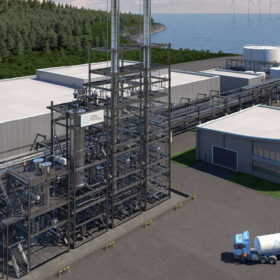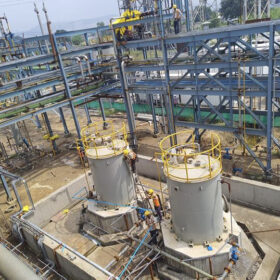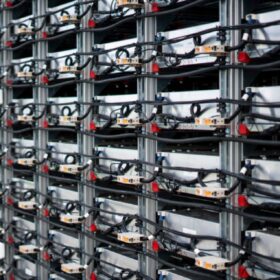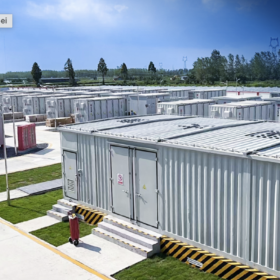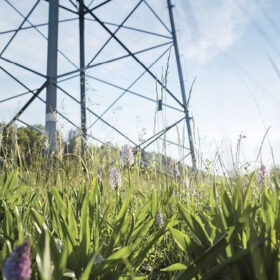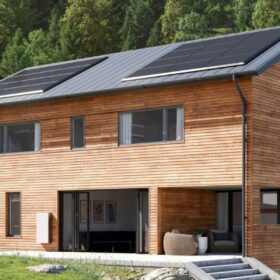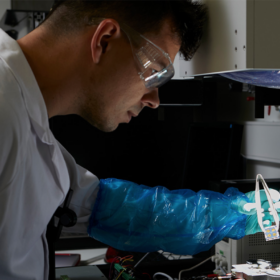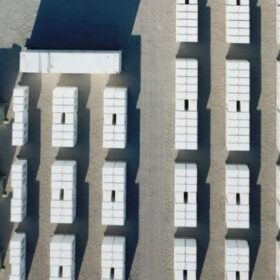Will the green hydrogen dream take shape?
After a global flurry of green hydrogen announcements, fuel cell company insolvencies, and a sharp market reassessment, solar developers are questioning near-term green hydrogen demand. pv magazine’s Carrie Hampel takes a look at the international landscape.
Shoots of growth for Indian green hydrogen
India is laying the foundations of a hydrogen economy with huge governmental support. pv magazine spoke to Jakson Green CEO Bikesh Ogra about the company’s manufacturing and production activities in light of India’s ambitious hydrogen plans and the central role electrolyzer manufacturing is set to play.
Natron Energy to build GW-scale sodium-ion battery factory in U.S.
The new planned manufacturing facility will produce 24 GW of Natron’s sodium-ion batteries annually. Natron says its batteries outperform lithium-ion batteries in power density and recharging speed, do not require lithium, cobalt, copper, or nickel, and are non-flammable. The plant will be the first double-digit GW sodium-ion plant in the United States.
Porsche reveals second-life battery at Germany plant
Porsche has revealed a battery energy storage system (BESS) at its Leipzig powered by second-life Porsche Taycan batteries. The project is based on a feasibility study in collaboration with the University of Applied Sciences Zwickau in Saxony, Germany.
Sineng Electric launches world’s largest sodium-ion battery storage project
Sineng Electric’s 50 MW/100 MWh sodium-ion battery energy storage system (BESS) project in China’s Hubei province is the first phase of a larger plan that will eventually reach 100 MW/200 MWh. The initial capacity has already been connected to the grid and can power around 12,000 households for an entire day.
UP: Bringing everyone on board
With Europe’s grids ripe for upgrade and expansion, pv magazine’s Carrie Hampel examines community acceptance of energy infrastructure projects and some of the issues involved. Communication between communities and stakeholders is a two-way street.
Xing Mobility releases high-voltage battery
Xing Mobility has released its Immersi XE50 battery system designed for both renewable energy applications and commercial and residential uses. The Taiwan-based company says its solution is capable of reaching up to 1500V.
Tesla launches Powerwall 3 in UK & Germany
Almost ten years after the “Powerwall 1,” US EV giant Tesla has launched its home battery system, Powerwall 3, in the United Kingdom and Germany. The Powerwall 3 is being officially presented at The smarter E Europe this week.
Breakthrough for producing perovskite solar cells with AI
Researchers at RMIT University’s School of Science, Monash University and Australia’s Commonwealth Scientific and Industrial Research Organisation (CSIRO) have harnessed artificial intelligence to accelerate the design and production of perovskite solar cells.
Ark Energy wins tender for world’s largest 8-hour lithium battery
Ark Energy’s 275 MW/2,200 MWh lithium-iron phosphate battery, to be built in the Australian state of New South Wales, has been announced as one of the successful projects in the third tender conducted under the state government’s Electricity Infrastructure Roadmap.
